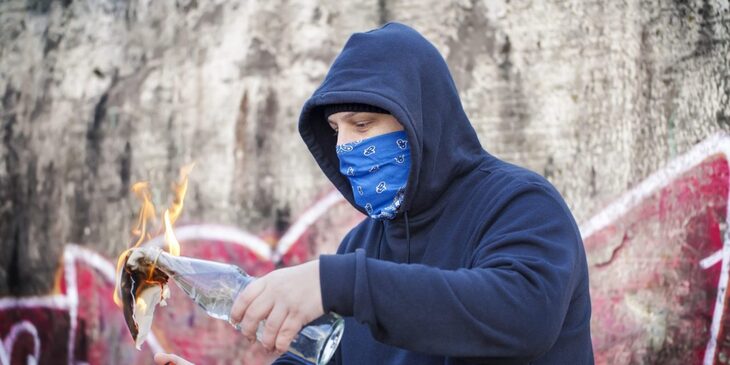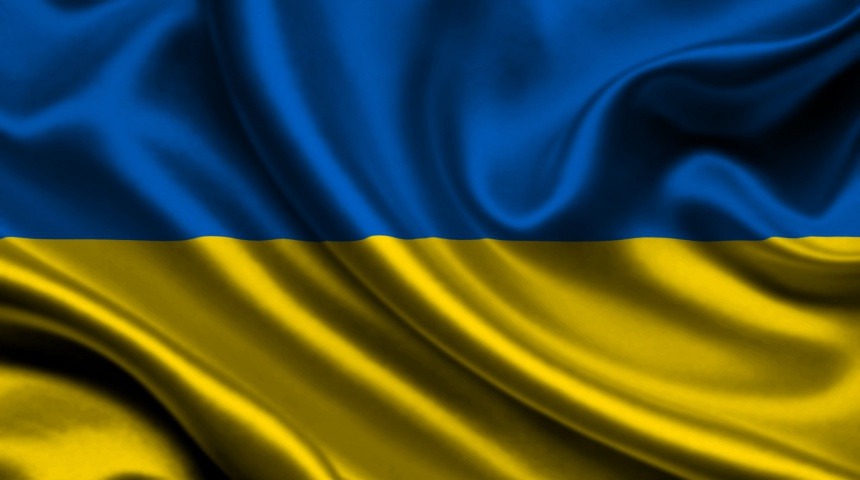Hello! My name is Kyrylo Tomakh, I am a practicing lawyer and co-founder of the law firm DKVA Legal Group. For over 3 years, I have been helping clients protect their rights, find solutions to complex legal situations, and successfully resolve disputes both pre-trial and in court.
1. Regulatory base:
1.1. Criminal legislation: The criminal legislation of Ukraine, in particular the Criminal Code, contains norms regulating criminal responsibility for committing crimes, including hooliganism. Articles 296-298 of the Criminal Code define hooliganism and provide punishment for it.
1.2. Administrative legislation: In addition to criminal legislation, there is also administrative legislation, which contains provisions on liability for violations of public order and peace. The corresponding articles of the Code of Ukraine on administrative offenses establish administrative sanctions for such actions.
1.3. International treaties: Ukraine is a party to international conventions and agreements related to human rights and the fight against crime. These documents may contain standards and requirements for preventing and stopping bullying.
1.4. Resolutions and orders of authorities: Authorities can adopt resolutions and orders aimed at preventing and stopping hooliganism, as well as ensuring public order and the safety of citizens.
1.5. Case law: Court decisions in cases related to hooliganism are important for establishing and interpreting legal norms. Case law can determine what actions will be considered hooliganism and what sanctions can be applied.
1.6. Law enforcement activities: Law enforcement agencies, such as the police and the prosecutor's office, carry out measures to prevent and stop hooliganism, as well as investigate crimes related to this activity.
2. What actions can be considered as hooliganism:
2.1. Serious disorderly conduct: This may include acts such as loud disorderly behavior in public places, refusing to obey the lawful demands of law enforcement, or causing danger to other citizens through dangerous behavior or inconsistency.
2.2. Vandalism and damage to property: This can cover acts of vandalism that result in damage or destruction of property, such as detonation, graffiti painting on buildings or damage to public equipment.
2.3. Physical or Verbal Aggression: This includes any act of physical or verbal violence against others, including fighting, abusive or threatening words, or other forms of assault.
2.4. Violation of public safety: This may include actions that pose a threat to public safety, such as releasing hazardous substances in public places, sharing sensitive information, or attempting to create panic among the public.
rates for prices for lawyer services in such cases depend on the severity of the offense. services of a lawyer price justified by possible consequences, no one would want to lose their freedom.
2.5. Disruption of public order at public events: This may include actions that interfere with the normal course of public events such as concerts, football matches or other public events, causing fights, fights or other disturbances.
3. services of a lawyer in court:
3.1. Consultation and preparation: The lawyer provides consultations and an individual approach to the case, explaining the defendant's rights and opportunities. He analyzes the circumstances of the case, evaluates the evidence and develops a defense strategy.
3.2. Representation in court: A lawyer represents the interests of the defendant during the legal process. He acts in court as a client's representative, argues his position and protects his rights and interests.
3.3. Protection of rights and interests: The lawyer ensures that the defendant receives a fair and well-founded court decision. He actively defends the rights and interests of the defendant, objecting to accusations and presenting evidence in his favor.
3.4. Use of procedural safeguards: The lawyer ensures compliance with procedural safeguards during the legal process, including the right to defense, the right to a reasoned decision, the right to appeal and other rights provided by law.
3.5. Negotiation and Bargaining: A lawyer can negotiate with the prosecution to reach a compromise or plea deal. He protects the interests of the defendant and tries to reach the most favorable decision for him.
3.6. Support during appeals and cassation instances: If necessary, the lawyer provides legal support during appeals and cassation court procedures. He acts as the defendant's representative before higher courts and argues for the protection of his rights and interests. Do not forget about the lawyer services online seek help in case of urgent need.






























